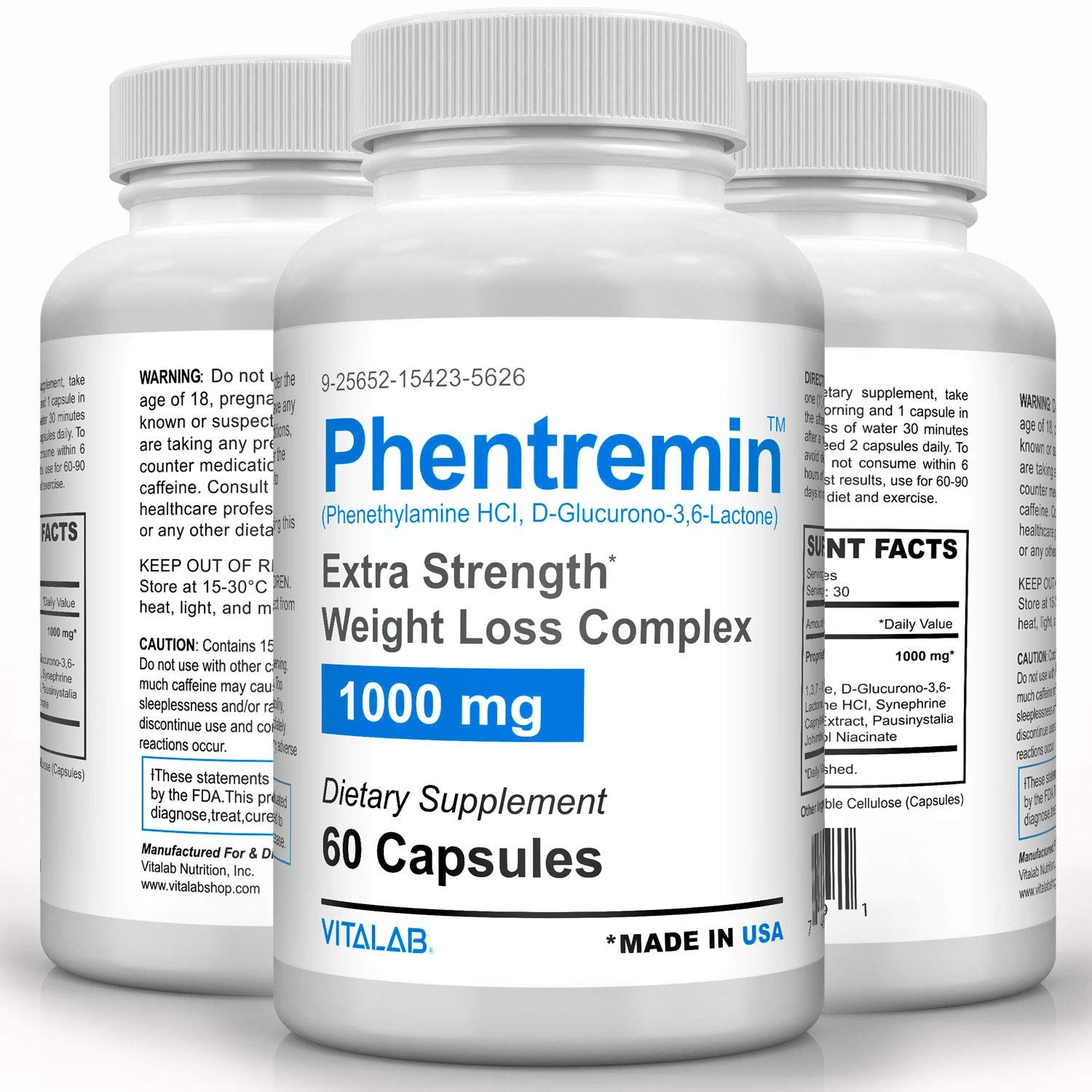Are you having trouble controlling your appetite? If so, then an appetite suppressant may be just what you need. Appetite suppressants can help fight the urge to eat more than is necessary and keep cravings at bay. Read on to learn more about how they work and some of the best products available.
Appetite suppressants are an effective way to suppress your appetite, making it easier to maintain a healthy diet. These medications or supplements work by increasing levels of certain hormones, such as serotonin and norepinephrine, in the body. These hormones regulate feelings of fullness after eating, reducing hunger and cravings for unhealthy snacks.
How Do Appetite Suppressants Work?
Appetite suppressants work by blocking hunger signals from reaching the brain, thus reducing cravings and helping people stick to a healthier diet plan. Some types of appetite suppressant drugs also act on areas in the brain that control food intake, such as leptin and ghrelin receptors. Others increase levels of natural “feel good” chemicals like dopamine or serotonin in the body, making it easier for people to resist unhealthy snacks or overeating when stressed.

Types Of Appetite Suppressants
There are several types of appetite suppressants available on the market today, including prescription medications, over-the-counter pills, natural herbs and supplements, and even foods that have been shown to help curb hunger cravings. Here’s a quick overview:
- Prescription Medications:
Prescription medications like phentermine (Adipex) or liraglutide (Saxenda) are FDA approved for weight loss purposes but should only be used under doctor supervision due to potential side effects like increased blood pressure or heart rate changes. These medications typically work by decreasing feelings of hunger while also boosting metabolism in order to burn more calories throughout the day.
- Over-Counter Pills:
Over-the-counter diet pills like Orlistat (Alli) contain ingredients designed to help block fat absorption while also suppressing appetite. They may be effective but should always be taken according to directions on the label due to possible side effects like nausea or abdominal cramping if taken incorrectly.
- Natural herbs and supplements:
Natural herbs and supplements can help with weight loss efforts by providing extra energy throughout the day and suppressing the appetite naturally, without the harsh chemicals or stimulants found in prescription drugs. Popular options include green tea extract, garcinia cambogia extract, glucomannan powder, raspberry ketone extract and hoodia gordonii extract, among others – all of which can be purchased online or at your local health food store without a prescription.
- Foods that help curb hunger pangs:
Eating certain foods is one way people can naturally curb their hunger pangs without resorting to chemical means; some examples include lean proteins such as chicken breast or fish, plus fibre-rich fruits/vegetables such as apples/berries along with leafy greens such as kale/spinach which are packed with nutrients yet are low in calories! In addition, nuts such as almonds provide a satisfying crunch combined with omega-3 fatty acids, which also help to keep your heart healthy!

The benefits of using appetite suppressants
Using an appetite suppressant has many benefits compared to other methods of weight loss, including improved adherence rates due to reduced feelings of hunger, leading to fewer binge/overeating episodes over time as they make it easier not only physically but mentally too – creating better long term results overall from consistent effort rather than just hoping everything goes well for one period! In addition, these products are generally safe when used correctly, so there’s no major risk involved either, apart from the occasional mild side effects common to most medications, such as stomach upset, etc.
Precautions when taking appetite suppressants
It is important for anyone considering taking an appetite suppressant product they first consult their doctor before doing so; this will ensure that safety precautions are followed, especially if there are any underlying medical conditions that could affect how safely someone takes these types of medication(s). In addition, many products require regular monitoring via blood tests, so it’s best not to start anything new until you’ve been given first-hand approval directly from the healthcare professional themselves! Finally, remember that this isn’t a magic pill solution, but rather part of a larger lifestyle change where proper diet and exercise must still take precedence in order to achieve the desired result sustainable over the long term – something worth keeping in mind during the process too.




